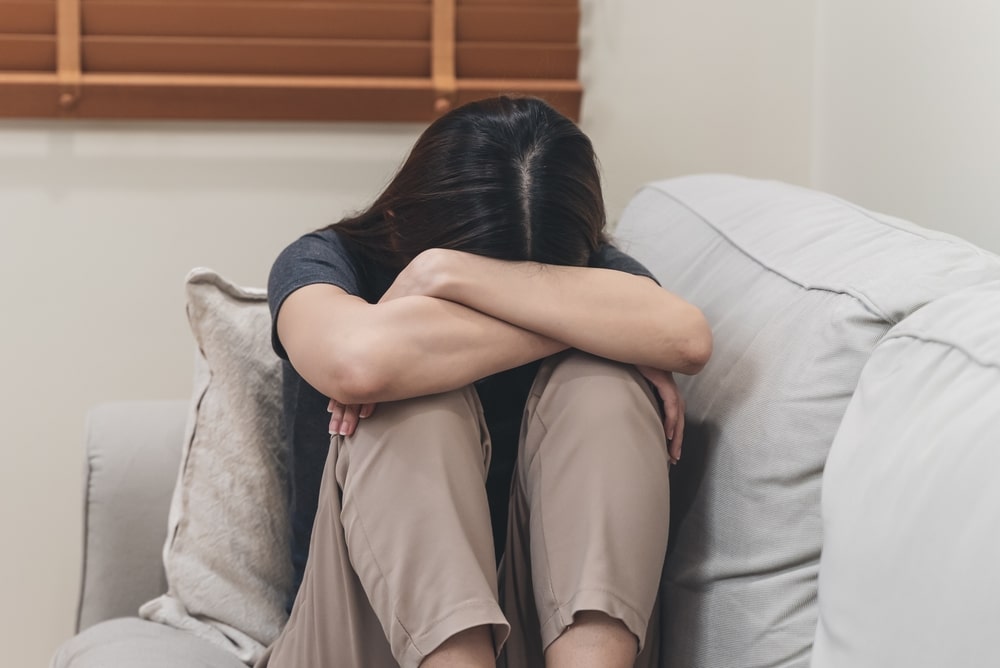Mental health encompasses one’s emotional, psychological, and social wellbeing, and is a fundamental element of overall health. The Centers for Disease Control and Prevention (CDC) explain that “mental disorders among children are described as serious changes in the way children typically learn, behave, or handle their emotions, causing distress and problems getting through the day.” Every young person is different and will benefit most from a customized mental health treatment plan that is reflective of his or her distinct needs. Two primary approaches to addressing teen mental health issues are counseling and medication, and they are not mutually exclusive. Further, it highly common for adolescent mental health treatment plans to include an amalgamation of treatment approaches.
Mental health counselors are licensed professionals who, as explained by Healthline, “treat the cognitive, behavioral, and emotional aspects of mental health and substance use conditions. They work with individuals, families, couples, and groups in a variety of settings.” According to Psychology Today, there are over sixty-five distinct therapeutic modalities currently offered in the mental health field. Adolescent psychotherapy is a form of psychiatric treatment that can be effective in treating a wide range of issues from emotional and behavioral problems in young children, to mental health disorders in adolescents and young adults. There are several types of psychotherapy that involve different approaches, techniques, and interventions such as, cognitive behavioral therapy (CBT), dialectical behavior therapy (DBT), family therapy, group therapy, interpersonal therapy (IPT), mentalization-based therapy, parent-child interaction therapy (PCIT), play therapy, psychodynamic psychotherapy. Some teens may benefit from holistic therapy (e.g., mind-body therapy, somatic therapy, spiritual therapy, etc.) which are often rooted in mindfulness and bodywork practices, to help teenagers better understand and manage their symptoms.
Medication, particularly in cases of diagnosed mental health disorders, addresses neurochemical imbalances in the brain. This treatment approach can be beneficial for conditions like depression, anxiety disorders, and attention-deficit/ hyperactivity disorder (ADHD). As is true with any medical intervention, there are certain risks and possible unwanted side effects. The specific risks will vary from teen to teen, as they will depend on several contributing factors (e.g., the young person’s health history, the presence of any additional mental health ailments, substance abuse issues, genetics, etc.). Still, when properly prescribed and taken exactly as directed, certain medications can be incredibly effective in reducing unwanted symptoms and improve daily functioning of adolescents. Teen mental health treatment involves a multifaceted approach that is directly informed by the nuanced challenges and developmental aspects of adolescence. In many cases, a combination of counseling and medication is the most effective way to address teen mental health, providing both emotional support and addressing physiological aspects of mental health conditions.
For Information and Support
Every family in need of mental health treatment must select a program that will best suit the needs of their family. When one member of a family struggles, it impacts everyone in the family unit. To maximize the benefits of treatment we work closely with the entire family to ensure that everyone is receiving the support they need through these difficult times.
Seeking help is never easy, but you are not alone! If you or someone you know needs mental health treatment, we strongly encourage you to reach out for help as quickly as possible. It is not uncommon for many mental health difficulties to impact a person’s life, long term. Pursuing support at the beginning of one’s journey can put the individual in the best position to learn how to manage themselves in a healthy way so they can go on to live happy and fulfilling lives.
OUR KNOWLEDGEABLE ADMISSIONS TEAM CAN BE REACHED 24/7 AT INFO@PACIFICRTC.COM OR CALL: 800-531-5769
We are available to answer any questions you may have regarding mental health treatment and our residential program, anytime. Contact us today using the form to the right.






